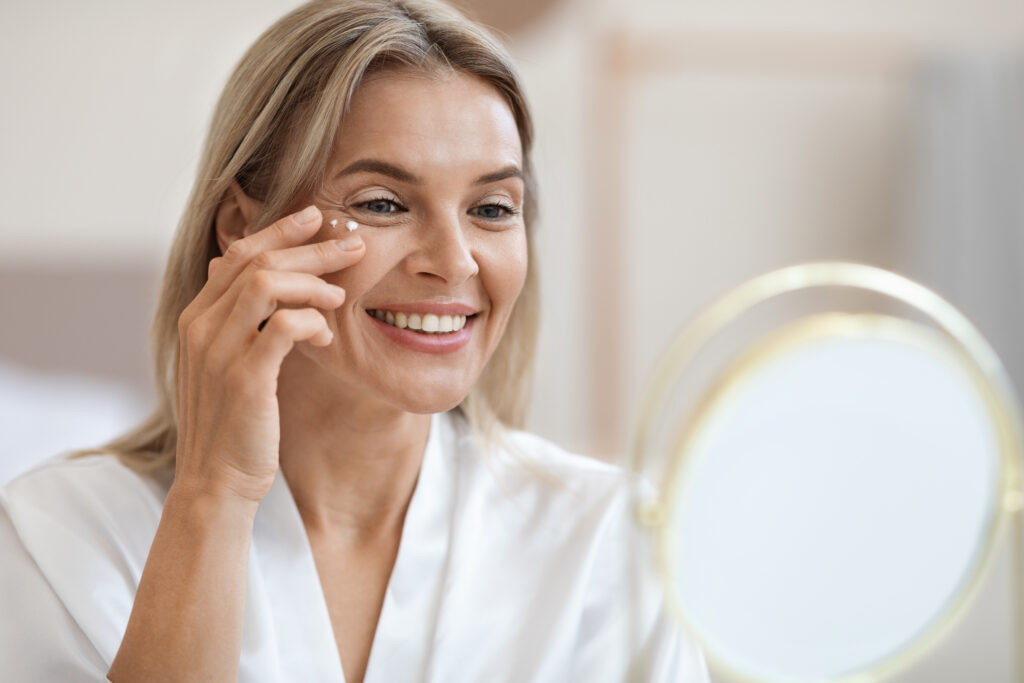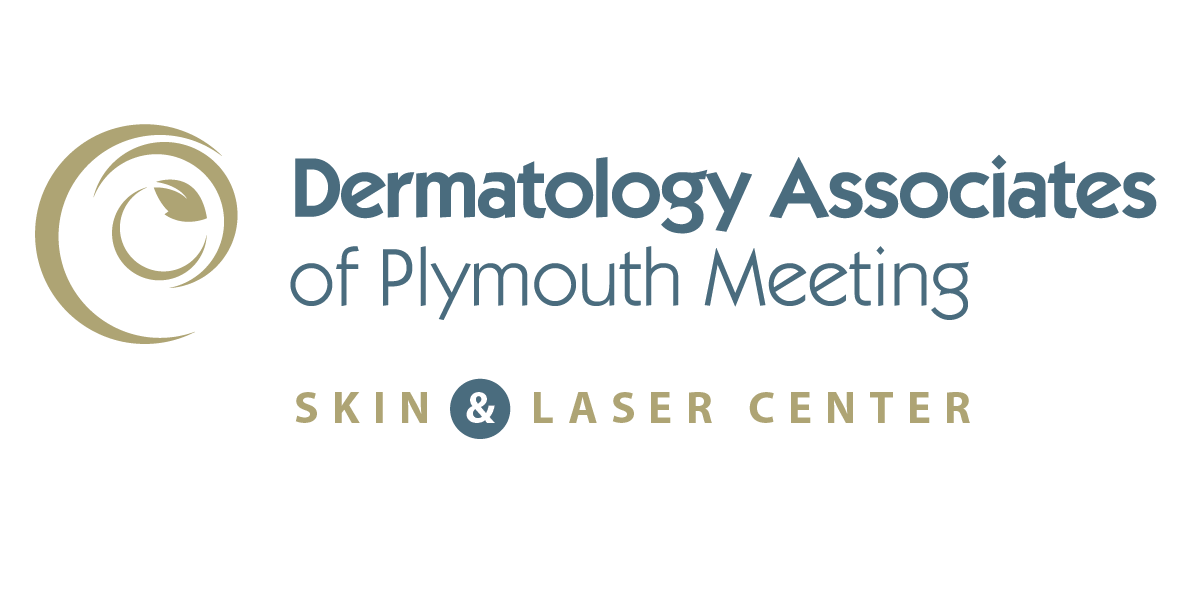The Science Behind Anti-Aging Creams: Do They Really Work?

Take a quick walk down the skincare aisle at your local grocery store and you’ll see a wide range of anti-aging creams and other products that promise to yield results. In recent years, the popularity of skincare products from such top brands as Alastin Skincare, Skin Better Science, Avene, Glyton, Revision and Nutrafol has skyrocketed as people aim to achieve more youthful and vibrant-looking skin.
But do anti-aging creams and similar products really work? Our team at Dermatology Associates of Plymouth Meeting is here to give you the low-down on the science of aging skin, how anti-aging creams claim to work and how to put your best skin forward.
The Science of Aging Skin
Before we dive into the specifics of anti-aging creams and their active ingredients, it’s important to understand how skin naturally ages over time. After all, some age-related skin changes are inevitable.
As the skin ages, its outer layer (known as the epidermis) thins out as changes in connective tissue reduce the skin’s elasticity. Combine this with a reduction in the body’s natural production of collagen (which gives skin the appearance of fullness) and age-related skin discoloration (including dark spots) — and it’s easy to see how the appearance of the skin changes with age.
Key Ingredients in Anti-Aging Creams
Even the healthiest of skin will be affected by fine lines, wrinkles, a loss of collagen and even discoloration as the years go by. However, anti-aging creams aim to revitalize and rejuvenate the skin, improving its appearance with such common ingredients as:
- Retinoids – a class of chemicals derived from vitamin A that aims to reduce the appearance of fine lines and wrinkles by boosting collagen production.
- Peptides – short chains of amino acids that can help build proteins that may be missing in aging skin, such as elastin and collagen.
- Antioxidants – substances that help protect the skin’s surface from free radicals, pollution and other common skin irritants.
- Sunscreen – protection from the sun’s harmful UVA and UVB rays, which can cause premature aging and discoloration of the skin.
How Do Anti-Aging Creams Claim To Work?
So, how do so-called anti-aging creams actually claim to yield results? Ultimately, how these products work depends on their key ingredients. However, most anti-aging products on the market today aim to address such concerns as skin tightening, skin resurfacing and reducing the appearance of fine lines and wrinkles with ingredients that promote healthy hydration, skin cell turnover and collagen production.
The Reality: Efficacy of Anti-Aging Creams
While not all anti-aging creams are created equal, products from reputable brands that use high-quality ingredients can effectively reduce signs of aging and improve overall skin health and appearance. However, it is important to understand that there is a difference between over-the-counter skincare products that can be purchased at your local grocery store and a prescription-strength formulation that you receive from a dermatologist.
Ultimately, an experienced dermatologist is the best person to recommend the right combination and skincare plan for anti-aging, as well as any in-office treatments that may help to yield the best results. While an anti-aging cream can help with the skin’s appearance and health, the most noticeable results and rejuvenation are achieved with other treatments like Botox, fillers and laser treatments.
Potential Side Effects and Considerations
Understanding the ingredients in anti-aging creams and their potential side effects is important. Retinol creams, for example, can cause irritation and itchiness if used too often or in high concentrations. The same applies to creams containing peptides, which can cause itchy rashes and redness for those with sensitive skin.
It’s best to avoid using more than one anti-aging cream at a time to reduce the risk of side effects or other unwanted reactions. Likewise, patch testing and consulting with your dermatologist before using a new product is always recommended.
Complementary Treatments to Boost Results
Other treatments can enhance the results of anti-aging creams, including:
- Light therapy
- Body sculpting
- Scar treatment
- Skin resurfacing
The best way to determine which combination of anti-aging products and treatments will yield your best results? Consult with a knowledgeable dermatologist in our office.
Get Personalized Skincare Treatment From Our Team
While anti-aging creams can help you achieve noticeable results, the reality is that these creams should be just one aspect of a comprehensive skincare routine. You should always consult with a professional and research and understand your skin’s unique needs before committing to any treatment or product.
Looking for a personalized skincare recommendation? Book your appointment with our dermatology team today!
